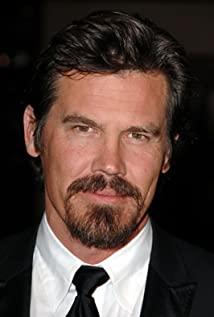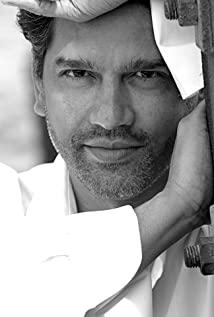I was still in tears at the movie theater, mainly because of Rob, who didn't want to give up on his teammates who dragged him down, but he ended up dying because of someone else's mistake. The special effects of this movie are great, but the psychological details of the characters are not well portrayed, and the relationship between people and nature is not prominent, especially the awe of the local people for the snow-capped mountains, and the ending is a little rushed. At the end of the original film, the survivors' funeral ceremony for the victims was described, and their mixed feelings about climbing Mount Everest were depicted.
Danger can never stop an adventurous heart, but behind every adventurer there is a family. Climbers know that there is a risk of death to reach the top, and they often lose contact with their families during the climbing process, but they still move forward without turning back. I can understand their feelings in particular. After challenging the limit, standing on the highest point and overlooking the beautiful scenery, I will feel that all the hardships are worth it. But not everyone can survive. The saddest thing is that when an accident comes, the climber tries his best and doesn't want to give up, but he is powerless and powerless. He can only say sorry to his beloved. I remember that in the mountaineering documentaries I watched, several Everest climbers cried loudly after coming down from the summit. Some climbers vowed not to climb Everest in their lives, and would not bear the weight of their lives. Almost all Everest climbers emphasize the weather, because that is the most important factor in determining whether they will survive. In the face of the unpredictable nature, the fragility of human beings is exposed, and the awe of nature and life is a subject that human beings must learn all the time.
View more about Everest reviews











